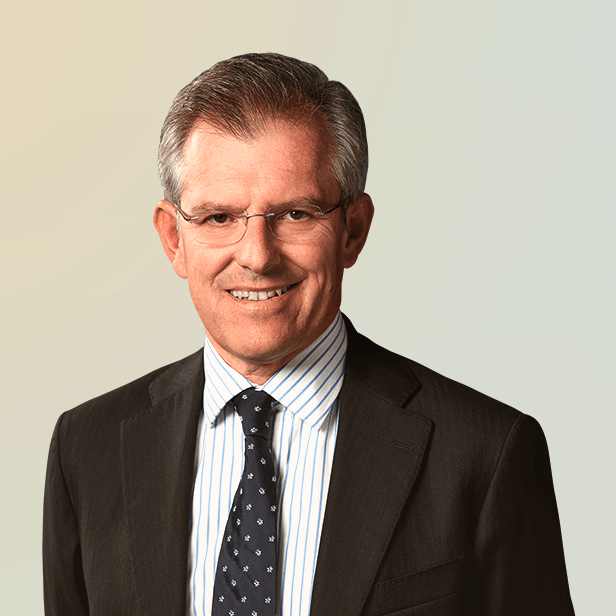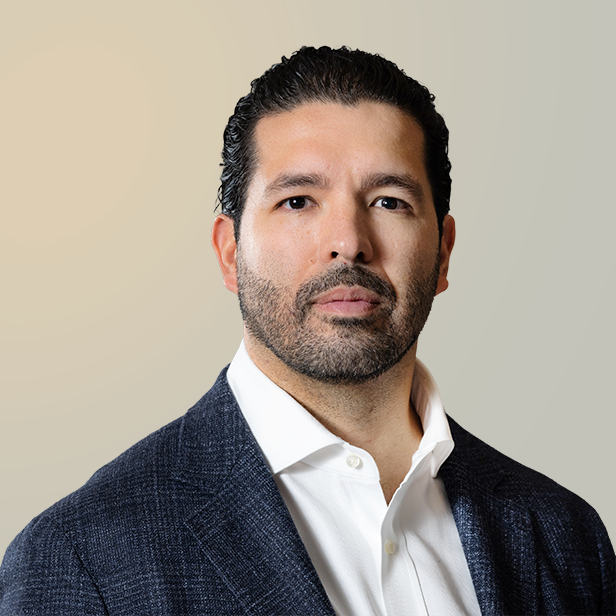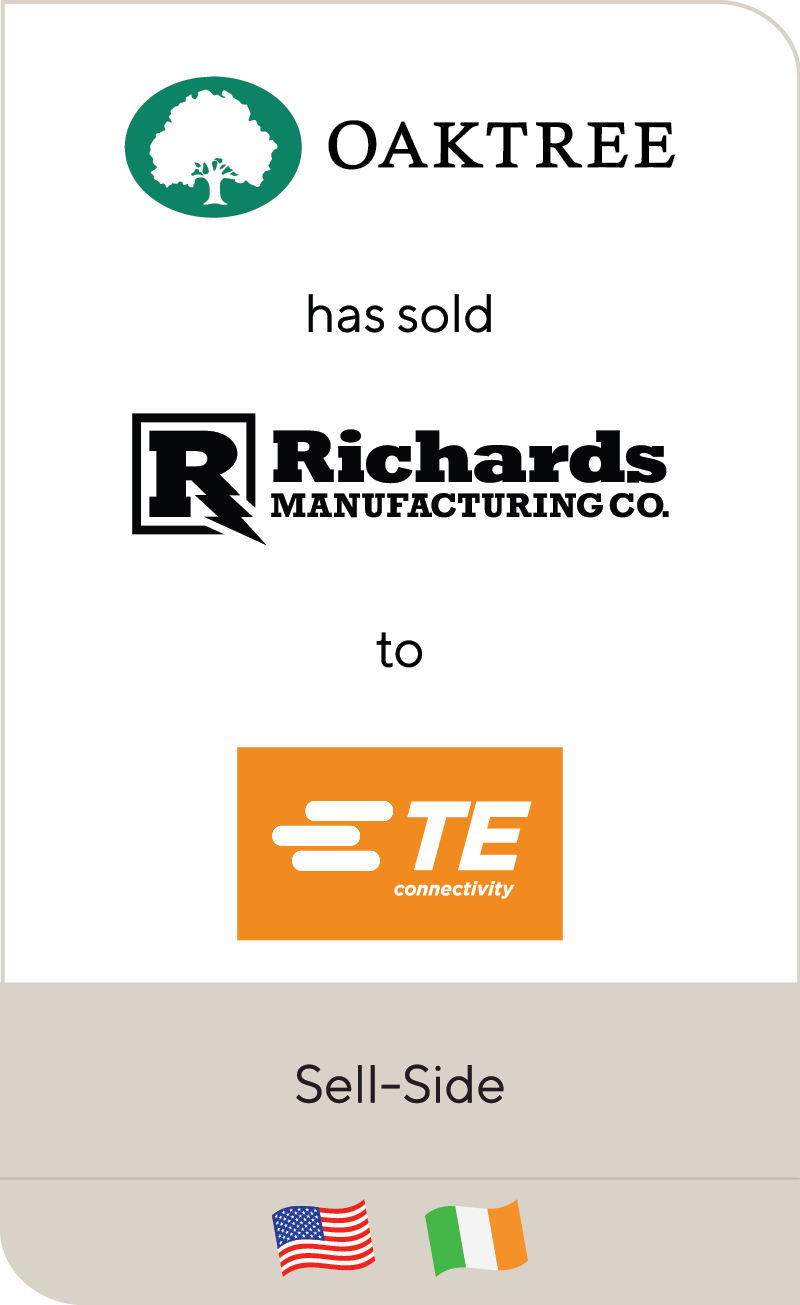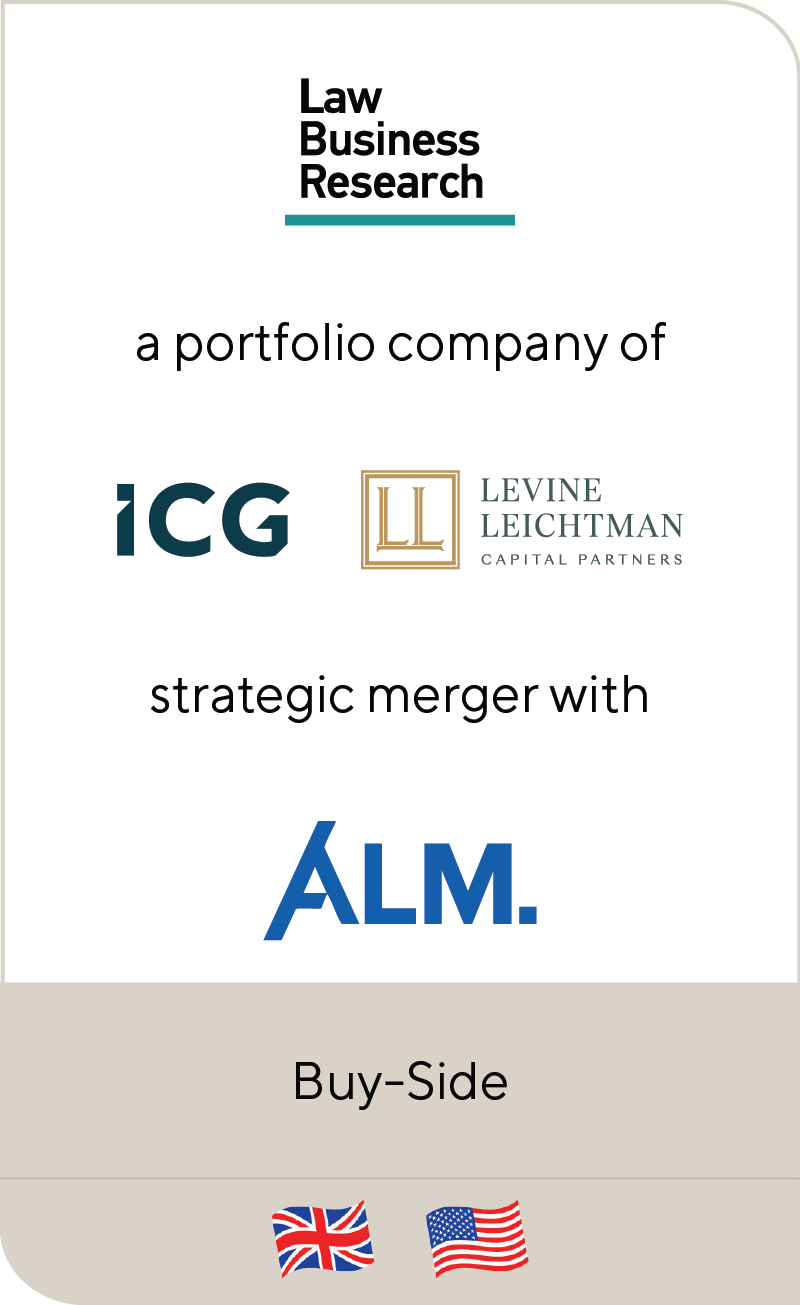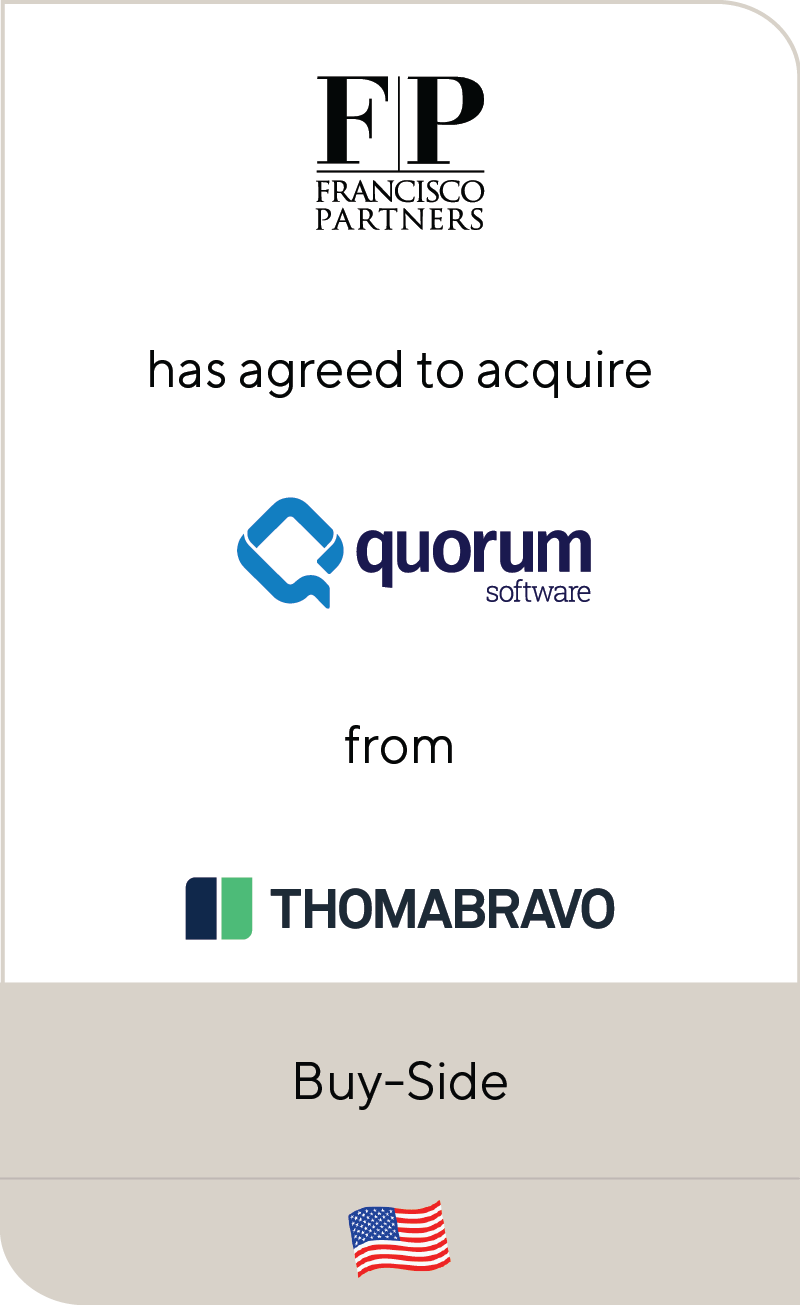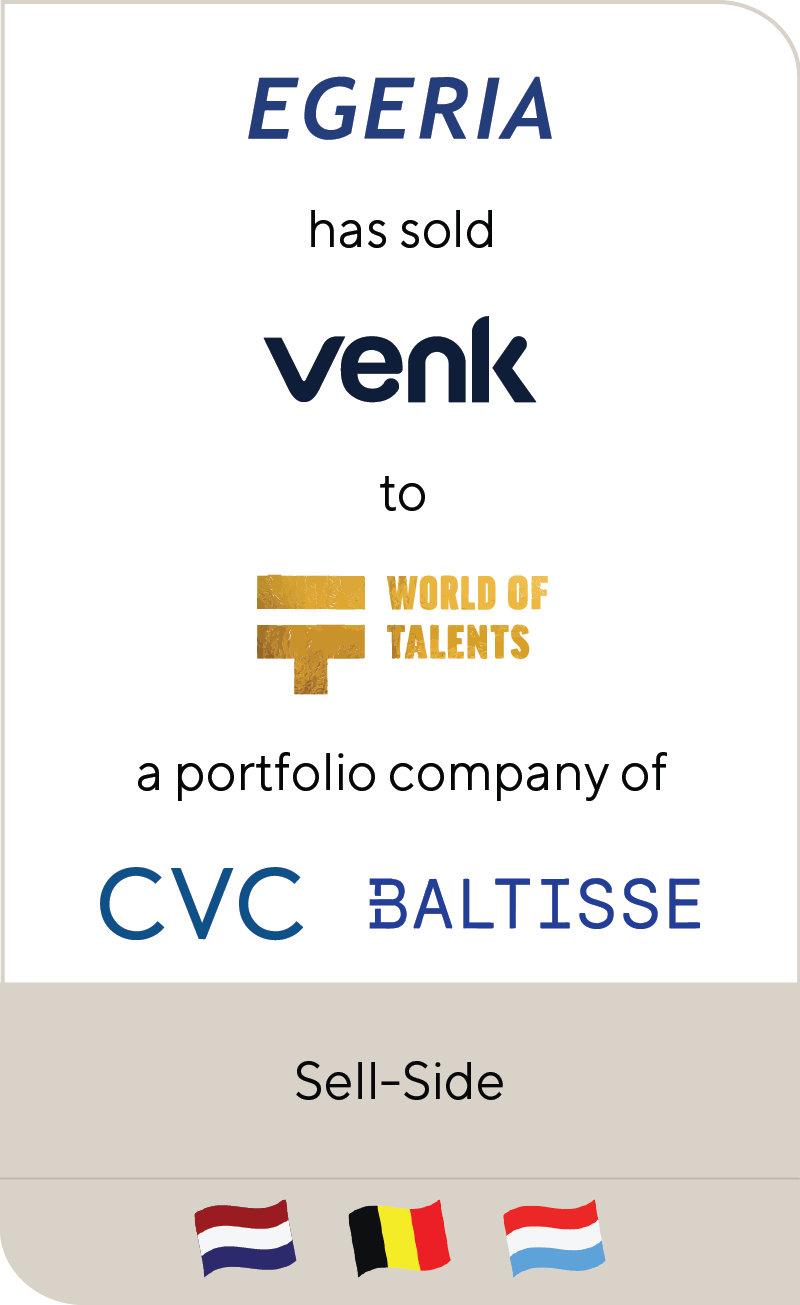Market Perspective
Lincoln International’s global professionals offer insights into the private capital markets, covering M&A deal process dynamics, industry trends and more.
Summary
-
Lincoln International's global professionals provide private capital market perspectives.
- Sign up to receive Lincoln's perspectives
What are the key factors driving buyer and / or seller behavior in the current market?
| BUSINESS SERVICES
Buyers and sellers continue to look for equilibrium in terms of value expectations. The disequilibrium has been fueled by the cost of capital change that started with rising interest rates in 2022 and has been exacerbated by uncertainty over the direction of real economic growth, inflation, geopolitical tensions, elections, etc. For much of 2023 and 2024, those issues have had buyers and sellers in their “bunkers.” With strategic imperatives, M&A capital allocation goals and anticipated interest rate reductions, buyers and sellers appear to be coming closer to value equilibrium, though much uncertainty remains. Mike Iannnelli |
INDUSTRIALS
On the buyer-side, the risk appetite remains the principal driver of market players, being PE investor or strategic groups. On the seller-side, the uncertainty of the macro environment, combined with headwinds in some industries, leads to a highly cautious approach by sellers to any active marketing launch. Guillaume Suizdak |
CONSUMER
In the auto aftermarket, the key focus has been around the age of vehicle served. More investors are beginning to understand how long the EV transition will really take, compared to the stated objectives of the government. Looking at the age of vehicle served is the next level to understanding how long the tail is for ICE-related assets. Jeremy Mau |
| ENERGY TRANSITION, POWER & INFRASTRUCTURE
Opportunity cost and certainty of success drive buyer and seller behavior, as investors continue to be highly sensitive over uncertain ventures and potential valuation mismatches. Additionally, risk-adjusted return expectations and downside protection remain critical to infrastructure investors, even as they go up the risk spectrum, requiring investments to offer favorable outcomes with minimal loss potential. Carlos Candil |
INDUSTRIALS
Buyers are always focused on risk mitigation first, and growth second, particularly in a period with more earnings volatility. Buyers need to have confidence in their ability to manage any downside risk, while having an actionable plan to grow the business – the more “control” over the outcome, the better. Sellers are focused on being optimally prepared and having the financial performance to have high confidence in achieving a successful outcome. Adam Hunia |
What is the most important criteria for a successful partnership with an investment bank?
| ENERGY TRANSITION, POWER & INFRASTRUCTURE
Ensuring a successful partnership with an investment bank requires alignment of long-term strategic goals and a focus on expertise and experience. By combining Lincoln’s product and sector expertise to either fill in knowledge gaps or enhance our client’s existing expertise, we believe we can increase the likelihood of generating outsized results in an effcient manner. Carlos Candil |
INDUSTRIALS
The advisor should help the client see around corners to anticipate buyer concerns and optimally position against those, as well as craft a compelling vision for how a potential acquirer can “win” with the investment. The advisor should also have the approach that their recommendations and actions should be taken as if it was their capital at risk. Adam Hunia |
CONSUMER
Honesty. The most successful partnerships between client and banker are those built on trust. You want a banker who will provide straightforward, candid advice, even when it may not be what you want to hear. Jeremy Mau |
| BUSINESS SERVICES
The best relationships are built on earned trust. Our interactions with clients are aimed at earning and maintaining their trust by demonstrating that we are working in their best interests and are committed to putting forth all of the effort, expertise, relationships and intellectual capital needed to anticipate issues, solve problems and complete transactions. Mike Iannnelli |
INDUSTRIALS
Trust is the critical pillar of any client / investment banking relationship and the ultimate goal pursued by an investment banker in the development of its customer relationship. Guillaume Suizdak |
What questions do you ask to identify a strategic positioning approach?
| HEALTHCARE
Significant value is attributed to how global in nature a company is. One way to show this is by identifying the typical budget holders: national, regional, or global. The second main value driver is demonstrating that capability and expertise are the drivers to winning work / RFPs, vs. being price-driven. Thirdly, for pharma clients, it’s the track record of being able to land and expand within large corporates. This takes time, skill and an understanding of how they operate. James West |
CONSUMER
Consumer spending accounts for 2/3 of western GDP so consumer products and services cover a very wide spectrum, so the relevant questions will be tailored to that vertical. Still, there are some recurring themes: branded or unbranded, relative pricing power, route to market; cost exposure to a geography, commodity or currency; sales growth rates and gross and EBITDA margins. Alex Masters |
| BUILDING PRODUCTS
The key positioning questions in building products start with asking about new construction vs. repair and remodel exposure, residential vs. commercial and go-to-market channel strategy (sale through distribution, big box, DTC / DIY, online, etc.). Scott Molinaro |
TECHNOLOGY
How is your value proposition truly differentiated relative to competitors? What are the key factors driving sustainable growth and profitability in your business? Michael Fineman |
What are the key factors to consider to ensure a successful process? What has the potential to adversely affect a deal?
| CONSUMER
Volatile current trading: Consumers are still cautious and input price shocks and supply issues are still occurring. Set realistic / cautious near-term budgets that can be met or exceeded through a process. Buying commodities forward and hedging out currency risks to reduce input volatility. Alex Masters |
INDUSTRIALS
Significant deviations from near-term projected performance tend to be a major factor in derailing sales processes as it impacts buyers’ ability to underwrite medium-term business plans. We encourage management teams to spend significant effort in accurately building current year forecasts and reduce the element of surprise as we move along the sale process. Preet Singh |
HEALTHCARE
The number one factor if strategic buyers are involved, is allowing sufficient time to educate and warm up these organizations. Secondly, having data to support the cycle from pipeline to backlog to revenue is critically important to show the ability to convert prospects into revenue. James West |
| BUILDING PRODUCTS
Poor preparation that requires company management to spend more time supporting the process than running the business, which can result in financial performance below expectations represented to buyers. Scott Molinaro |
FINANCIAL SPONSORS GROUP
Communication failures can easily derail a process. A good advisor will ensure timely, transparent and clear communication between parties from start to finish. Allison Marvel |
TECHNOLOGY, MEDIA & TELECOM
Company performance relative to expectations during a process is key, along with the ability to demonstrate positive retention trends and sales velocity in the process. Michael Fineman |
How do you foresee your sector evolving over the next five years?
| BUILDING PRODUCTS
The significant underbuilding of new residential construction will act as a floor-to-construction activity and will eventually be a significant catalyst to housing starts and repair and remodel momentum. The result will be significant growth for building products manufacturers, distributors and installers over the medium to long term. Scott Molinaro |
FINANCIAL SPONSORS GROUP
Private equity may be approaching an inflection point. With competition increasing, successful investors will need to maintain price discipline while thinking creatively and aggressively about shareholder value creation. Allison Marvel |
HEALTHCARE
There are signs that unsolicited offers will be increasing in Japan. Shareholders are becoming more open to them, and the Japanese government and the Tokyo Stock Exchange are promoting it by implementing a series of regulation and framework reforms. The rapid growth of activist shareholders is accelerating this trend. Kensuke Nakatsuka |
| TECHNOLOGY, MEDIA & TELECOM
We anticipate a continued shift to hyper-targeted marketing and an enhanced personalization of content across all marketing channels (traditional and digital), supported by the use of artificial intelligence and machine learning solutions. Michael Fineman |
HEALTHCARE
New outsourcing verticals and a shift from full-service providers to deep experts, where pharma is contracting ‘best of breed’ specialists, are disrupting the pharma sector. Marketing approvals for cell and gene therapies and the often highly complex supply chain requirements to bring these treatments to patients will also evolve the sector. Additionally, the higher levels of automation in consulting (including med comms, market access, regulatory, etc.) are improving efficiency. James West |
CONSUMER
We are seeing a gradual return to normal following multiple shocks for European consumers: 1) COVID-19: lockdowns, travel restrictions and supply chain shocks; 2) Ukraine: energy and broader inflation shocks and 3) cost of living crisis: decrease in consumers’ real spending power. As wages catch up with inflation, there has been an increase in discretionary spending. Companies need to design pricing, products and services to meet consumers’ needs as they spend these new marginal dollars, Euros and pounds. Alex Masters |
Meet Our Senior Team
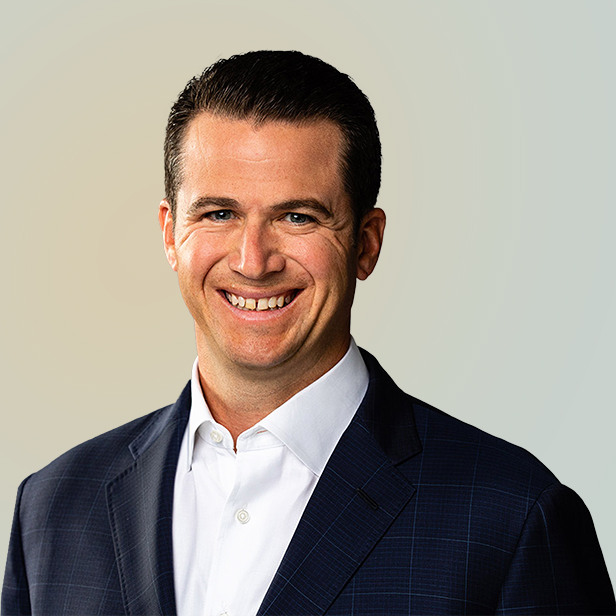
I am a rigorous advocate for my clients with a hands-on, communicative approach, focused on delivering intense advocacy and outlier results.
Sean Bennis
Managing Director & Co-head of Industrials
Chicago
I am enthusiastic about creating sustainable growth and the highest value for our clients and strive to leave a positive footprint beyond any successful M&A transaction.
Friedrich Bieselt
Managing Director & Head of Business Services, Europe
Frankfurt
I enjoy leading clients and realizing their objectives, while structuring solutions to issues that are both intriguing and challenging.
Øyvind Bjordal
Managing Director & Head of Switzerland
Zurich



